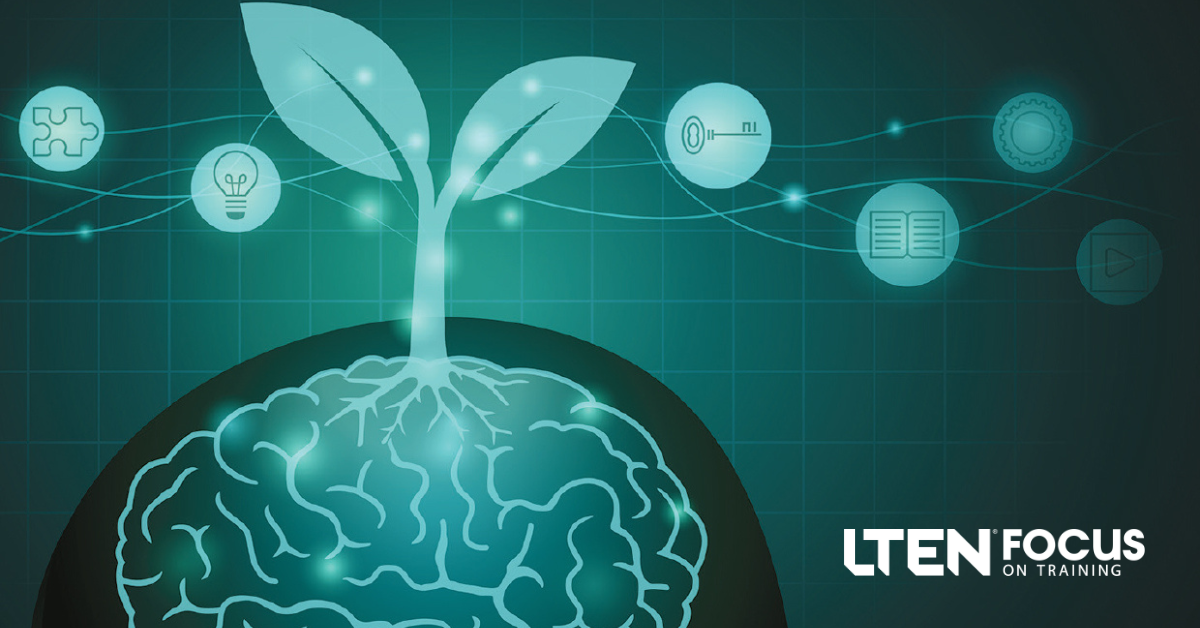
SOLUTIONS – Krishna C. Kalva
Our attitude lets us see everything around us in a new way
 Most of us have heard the term “beginner’s’ mindset” through conversations or by reading books from prominent authors. The term is increasingly gaining popularity as it explains how we can leverage opportunities that life offers us by adapting our mindset.
Most of us have heard the term “beginner’s’ mindset” through conversations or by reading books from prominent authors. The term is increasingly gaining popularity as it explains how we can leverage opportunities that life offers us by adapting our mindset.
In simple words, a beginners’ mindset is an attitude we choose by being open without any preconceived labels about a given situation. It is an attitude we develop over time by remaining present in the moment, free of judgements and actively internalizing what we hear, see, think and feel about a given situation.
Once we successfully internalize, we start to see everything and everyone around us with a newfound perspective remaining free of labels. The chosen attitude we develop can be applied in both our personal and professional lives.
Team Approach
Imagine a work situation, where a team of experts comes on board to work on a project that is of high strategic importance. You are one of the experts in the team, and leadership expects the desired outcomes to be achieved in a timely and a cost-effective way.
Due to the nature of the project and complexities involved, the project team quickly realizes that the best way to handle the different topics is through active collaboration. To begin with, the team collectively agrees to brainstorm and identify key priorities so a project roadmap can be created for a better overview. Then, the team agrees on some working guidelines to ensure collaboration is actively practiced.
Over time, the project team notices some operational challenges that slowed their progress. Through discussion, the team identifies that some of the creative ideas during the brainstorming phase were not implemented, as they could not envision the value of the idea.
Through introspection, the team collectively agrees that it was indeed a missed opportunity that they could have avoided. Holding on to the idea of introspection, the team wants to further investigate what made them not see the value of the idea at the time when it was initially shared.
Through investigation, the team realizes that they were holding on to the beliefs about their individual expertise that they had developed over time, thereby not allowing themselves to see the idea as original and authentic.
What Went Wrong?
The experts had formed preconceived labels about themselves and the idea, thereby subconsciously making a judgement that the idea would not be a success. The preconceived beliefs and labels did not allow the team to remain open, eventually leading them to miss a crucial opportunity.
Missing an opportunity should be seen as a normal occurrence in everyone’s life. However, when we turn around and view a missed opportunity, it offers a fantastic gateway to review and reflect upon the overall experience.
Through reflection, we become aware of the situation and the way we respond to it, driven by our thoughts, feelings and actions. It is generally observed that reflection combined with feedback and coaching work as a great tool set, complementing one another and offering us perspective. And the tool set we acquire can be successfully implemented in future projects that drive collaboration.
Conclusion
Let me take your attention back to the original idea, a beginner’s mindset.
As we evolve through life’s experiences, so does our mindset and the way we associate ourselves with the experiences that unfold. Our mindset offers us space to reflect upon ourselves and the way we think, talk and behave.
Through reflection we realize that our mindset is constantly evolving, and over time we learn to separate ourselves from our beliefs and preconceived labels through non-attachment: a state wherein we associate ourselves not with the beliefs or outcomes, but the experience. Through non-attachment we release ourselves from the power that we allowed our beliefs to impose on us.
While adapting our mindset is a natural and ongoing way of responding to life’s experiences, in the process we become more aware of the attitude we want to choose in shaping our mindset. By maintaining a beginner’s attitude, we remain open and vulnerable.
One of the greatest outcomes of maintaining a beginners’ mindset is humility – to see and accept everything as a natural part of the unfolding of events. A humble and beginner’s mindset is a beautiful amalgamation that creates a path for unique and joyful experiences.
 Krishna C. Kalva is program manager for sales leadership excellence in Germany for Siemens Healthineers. Email him at krishnachaitanya.kalva@siemens-healthineers.com or connect through LinkedIn at linkedin.com/in/krishna-chaitanya-kalva-a2773123.
Krishna C. Kalva is program manager for sales leadership excellence in Germany for Siemens Healthineers. Email him at krishnachaitanya.kalva@siemens-healthineers.com or connect through LinkedIn at linkedin.com/in/krishna-chaitanya-kalva-a2773123.








